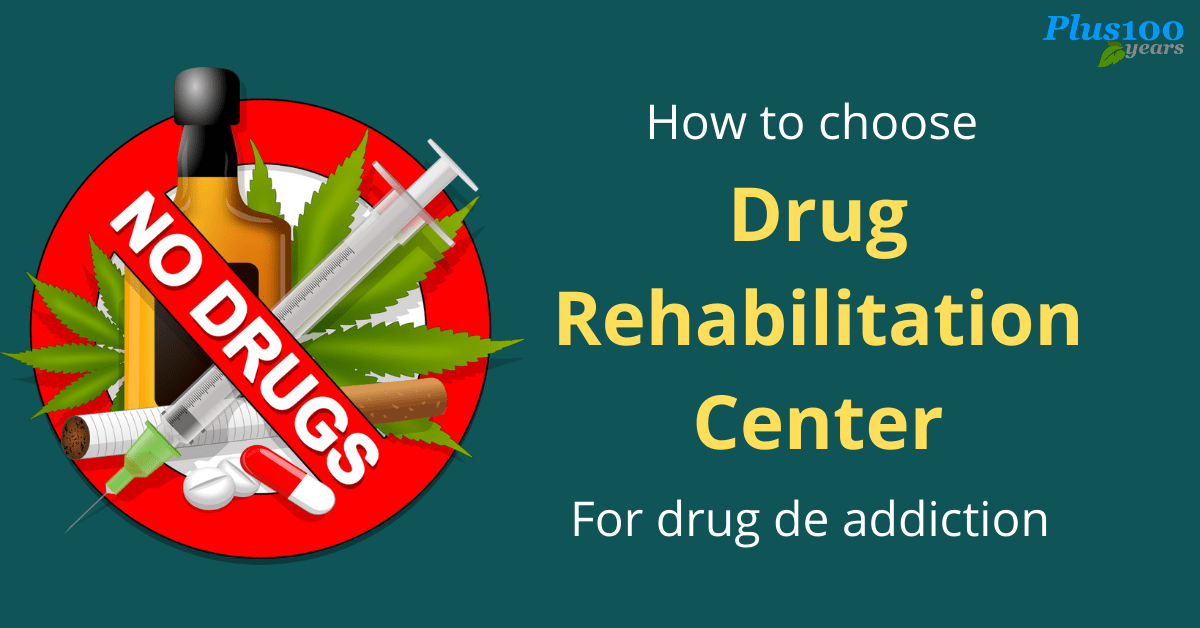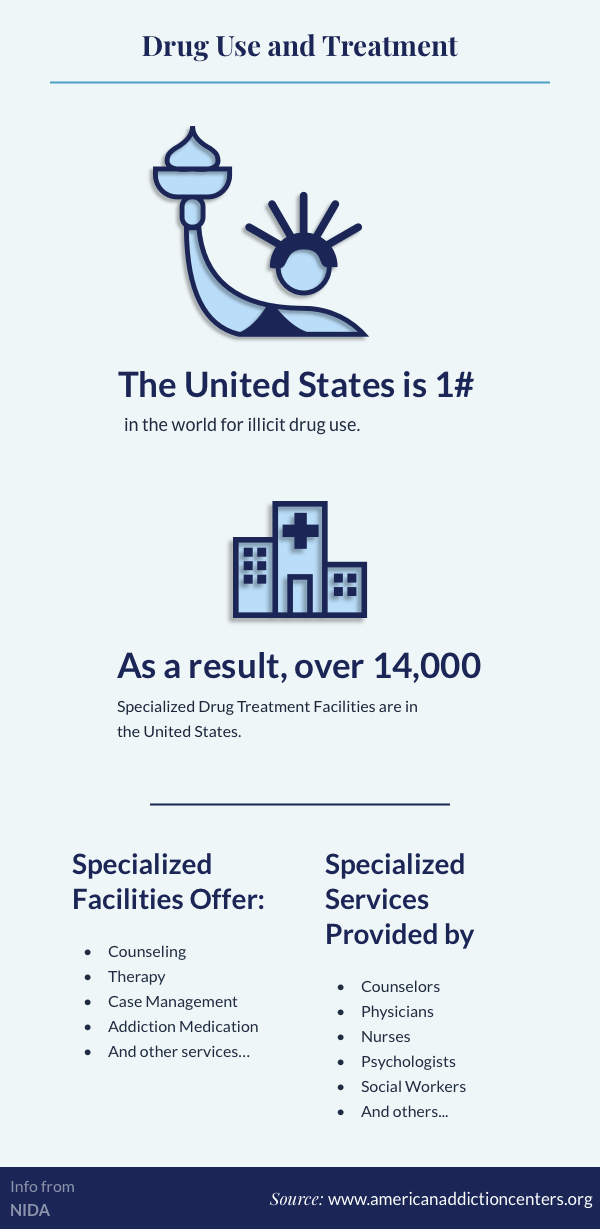Some Known Questions About Drug Rehabilitation.
Some Known Questions About Drug Rehabilitation.
Blog Article
The smart Trick of Drug Rehabilitation That Nobody is Discussing
Table of ContentsDrug Rehabilitation - An OverviewThe Drug Rehabilitation IdeasThe smart Trick of Drug Rehabilitation That Nobody is Talking AboutThe Best Strategy To Use For Drug RehabilitationDrug Rehabilitation - An Overview
This entails attending to the entire individual to make certain that all of the underlying causes and impacts of the dependency are effectively taken care of and dealt with. This provides individuals the tools they require for a complete return to a satisfied, healthy and balanced, substance-free life. Medicine addiction "therapy" is a little bit of a misleading term it indicates that individuals with dependencies are "all better" after they have actually received some kind of therapy.Also individuals with years of effective recuperation should remain mindful of their capacity for relapse, and they have to utilize the tools they learned in treatment to avoid it. The word "recovery" likewise implies that somebody is being corrected after being mischievous, which follows culture's preconception about addiction. Drug Rehabilitation. Component of the recuperation procedure is for individuals with dependencies, and their family members, to find out that addiction refers biology and not principles
Transitioning from physical and psychological addiction to a healthy and delighted way of living is a big change. It is necessary that the steps to medication rehab be properly resolved during the drug rehabilitation procedure. There are four stages of addiction recovery: Addiction evaluation is a particularly crucial component of the rehab procedure.
This becomes part of the underlying psychology of dependency, and it reinforced by anxieties of apprehension for belongings and judgment from household and buddies. The assessment process requires gaining count on and appearing that deceptive nature. The specific needs to identify which materials were utilized and the extent of their substance use.
A Biased View of Drug Rehabilitation

For lots of individuals with dependencies, anxiety of withdrawal is a major barrier to leaving their dependency, and that fear keeps them from even attempting. Withdrawal and medication detoxification do not have to be an awful experience. By taking part in a medical detox program, individuals can survive the experience safely and pleasantly.
This is where the underlying reasons for dependency are dealt with. For lots of people with material dependency, their compound usage is no much longer regarding getting high. Instead, it became a recurring, day-to-day procedure of avoiding withdrawal symptoms and getting away from their fact. Medicine rehabilitation is the procedure where the deep problems around the addiction are recognized and dealt with.
The Single Strategy To Use For Drug Rehabilitation
Rather, it can be claimed that rehabilitation is the procedure of exploration, while what occurs later is recovery. The addicted mind commonly begins to believe especially after an amount of time in abstaining that it is OK to try alcohol consumption or making use of compounds again. Nevertheless, this hardly ever functions, and the vast majority of individuals that try alcohol consumption or utilizing medicines once again will quickly wind up where they were in the past.

Sober living houses are an especially reliable approach to aftercare when a person is discharged from rehab. Individuals and their families need to discuss these choices with their counselors while still in rehabilitation. There are different kinds of therapy for dependency, based on the level of treatment offered. When choosing the level of treatment, the selection needs to be based upon what will use the private the most effective chance of success in healing not on what the private wants to do.
This is a negative combination, as it drives many individuals to believe that they can quit using drugs or drinking on their very own. As such, they might be unwilling to see and admit that they require a greater level of care, such as inpatient rehabilitation. Detoxing from a that site substance is not the like therapy for compound dependency.
Drug Rehabilitation - Questions
During the process of medication detox, people's minds are muddled and they really feel literally and mentally ill. They are not responsive to any type of type of therapy or therapy until their minds clear and they are really feeling far better. Despite the fact that clinical detoxification makes the procedure a lot easier, it is best to initial emphasis on find more information surviving the entire detox procedure before taking further steps.
Like inpatient therapy, property therapy provides the therapeutic result of removing individuals from their dysfunctional way of life and setting and putting them in secure, healthy surroundings. This allows them to reorient their lives and assumed procedures while focusing on distraction-free recuperation.
Individuals receive therapeutic solutions on-site throughout the day, but go home or to a sober living facility at evening. The strength of the daytime therapy will certainly depend on specific requirements and the programs available at the outpatient center. Most people with severe dependency will likely have better end results in inpatient treatment and rehabilitation.
The Buzz on Drug Rehabilitation
Long-lasting residential treatment programs frequently use a healing technique referred to as the restorative community (TC). This is a strategy to re-socializing people whose addiction has seriously impacted their capability to match culture. These include people with major criminal behavior, individuals that are homeless, adolescents and individuals with major mental health disorders.
Report this page